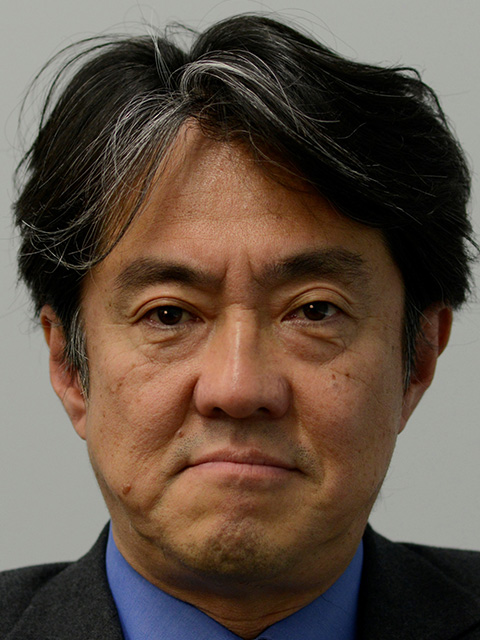False vs. Credible Information: A Challenge to the Modern Information World
The development of digital technologies and the alternative media have brought to the fore the issue of fake news, making it a major headache for modern journalism. How can anyone distinguish truth from lies when the number of sources and channels of circulating information is increasing every day? The problem of disseminating false information has become a matter of concern not only for global media companies but also for the largest Internet platforms. Facebook and Google, in collaboration with the world’s leading media, have implemented content verification systems to sift through data to see if it is authentic. Can it be possible that modern society has no mechanism to shield itself from smear campaigns and mud-slinging? How can we deal with disinformation and attempts to manipulate public opinion? Are we going to face an era when it is impossible to distinguish between fake news and credible reports, or will only material that receives the majority of views and likes on social media be considered reliable?
Moderators
Mikhail Gusman ,
Chairman, Russian National Committee of UNESCO’s International Programme for the Development of Communication; Vice-President, News Agency World Council (NACO)
Giuseppe Cerbone ,
Chief Executive Officer, ANSA
Panellists
Maria Zakharova ,
Director of the Information and Press Department of the Ministry of Foreign Affairs of the Russian Federation
Sergey Mikhaylov ,
General Director, Russian News Agency TASS
Kakuya Ogata ,
Managing Director, International Department, Kyodo News
Ian Phillips ,
Vice President for International News, Associated Press (AP)










